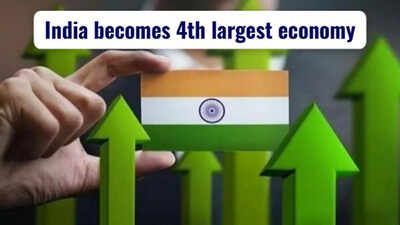In a groundbreaking projection, the International Monetary Fund (IMF) has stated that India is set to surpass Japan and become the world’s fourth-largest economy by 2025. This development highlights India’s rapid economic rise and positions it as a major global player in the post-pandemic world order.
India to surpass Japan economy: According to the IMF’s World Economic Outlook, India’s nominal GDP is expected to reach $4 trillion, overtaking Japan, whose economy is forecast to grow at a slower pace due to demographic and structural challenges. India ranked 10th in 2014, and this jump to 4th place within a decade marks a 105% increase in GDP, driven by:

- Robust domestic consumption
- Government-led infrastructure spending
- Growing digital and services sectors
- Rising foreign direct investment (FDI)
What Categories Drive This Growth? India to surpass Japan economy!
- Technology & Digital Infrastructure
India’s digital economy, including fintech and e-commerce, is booming. The country has seen record UPI transactions and tech startup growth, contributing significantly to GDP. - Manufacturing & Exports
The “Make in India” initiative and a global shift in supply chains away from China have given Indian manufacturing a boost, particularly in electronics, textiles, and automobiles. - Agriculture & Rural Development
While modernizing, agriculture still supports a large population. New policies and smart irrigation systems are improving yields and rural incomes. - Services & Financial Sector
India’s IT and BPO services continue to dominate globally. The financial sector has also seen digital transformation, improving financial inclusion.
Economic Reforms and Strategic Shifts
India has undertaken significant reforms in recent years—GST implementation, bankruptcy law, and digitization of public services. The government’s push for startups, skill development, and renewable energy has also improved the business climate.
Also Read – Hyundai Motor India Stocks Hit.
India to surpass Japan economy
According to The Economic Times, economists caution that maintaining political stability, improving labor laws, and continuing reform momentum will be essential for sustaining this growth trajectory.

